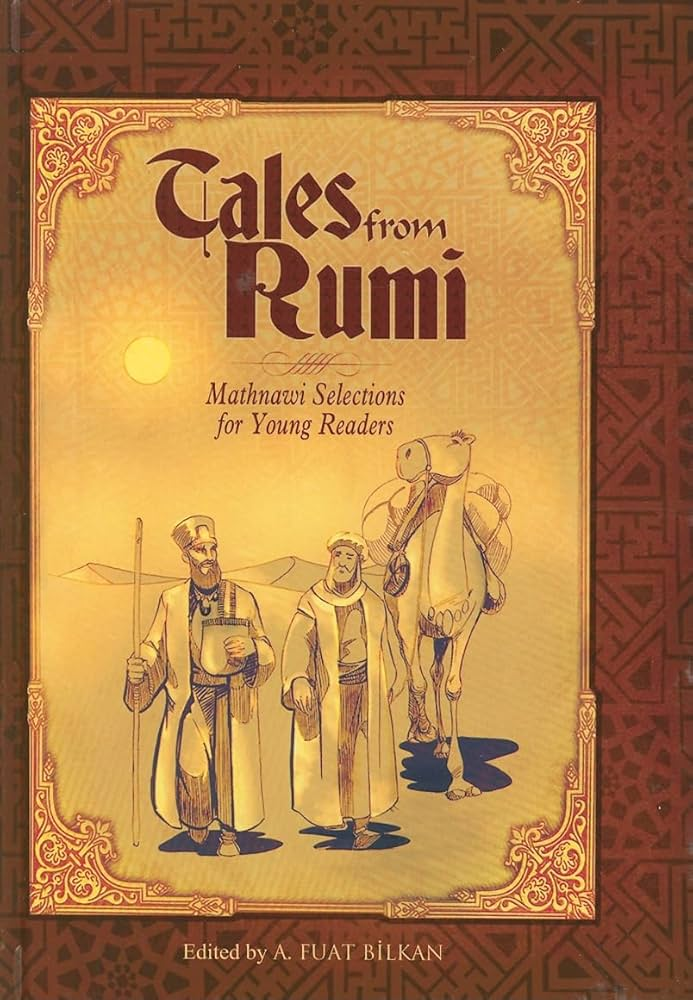
Summary
No summary written for this book.
Analysis
Notes and Quotes
- “God says, ‘whoso is God’s, God also is his.’ God says, ‘I am his eye, his hand, his heart.’ ” - p. 114
- alludes to wahdatul-wujud, unification / oneness with God.
- this entire book is full of wahdatul-wujud references
- “outward acts bear witness of the state of the heart within” - p. 129
- I think that this is definitely true of those with a pure heart, their outward acts always reflect the state of their heart. But those with good outwards acts but rotten hearts exist as well.
- At the same time, on a long enough timeline, the outward acts will ultimately bear witness to the state of your heart. A bad person can’t play the persona forever.
- “fasting proclaims that he abstains from lawful food, and that therefore he doubtless avoids unlawful food. And his alms say he gives away his own goods, it is therefore plain that he does not rob others.” - p. 130
- “acts and words are witnesses of the mind within.” p. 131
- that’s the job of the therapist, through your words (and sometimes actions) they deduce the state of your mind
- “the witness of word consists in speaking the truth, the witness of acts in keeping one’s promises… your words and acts must be without self-contradiction” - p. 133
- “acts and word manifest the secret thoughts and mind, both of them expose to view the veiled secret” - p. 133
- “love puts reason to silence” - p. 150
- “you must climb the summit step by step. Boil your pot by degrees and in a masterly way; food boiled in mad haste is spoiled. Doubtless God could have created the universe by the fiat “Be!” in one moment of time; Why, then, did He protract His work over six days?”
- take things slow. Be patient.
Main Idea of the Book
This book is a collection of poetry and sayings from Rumi